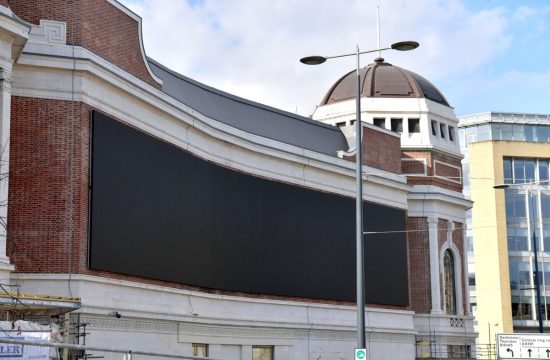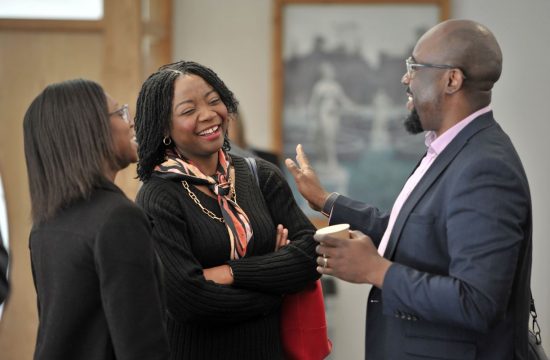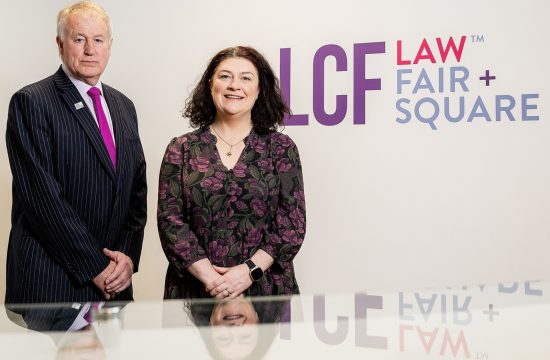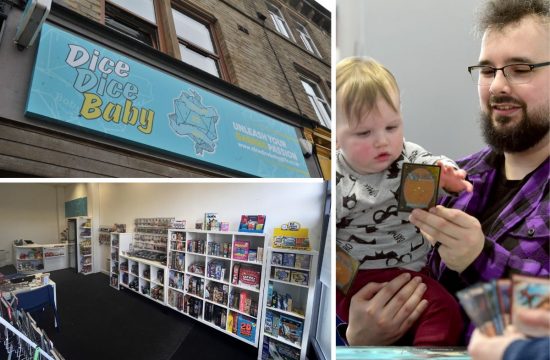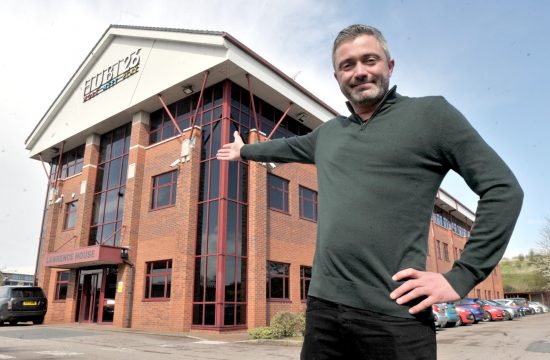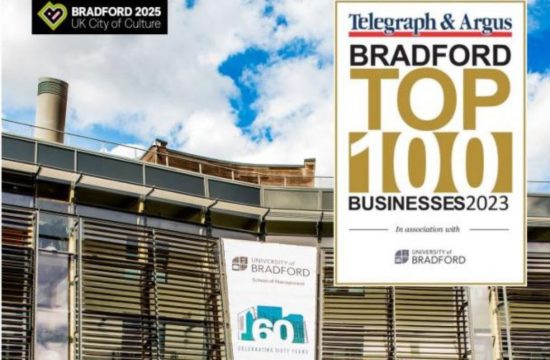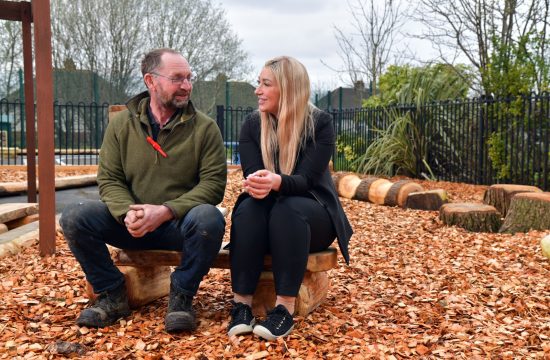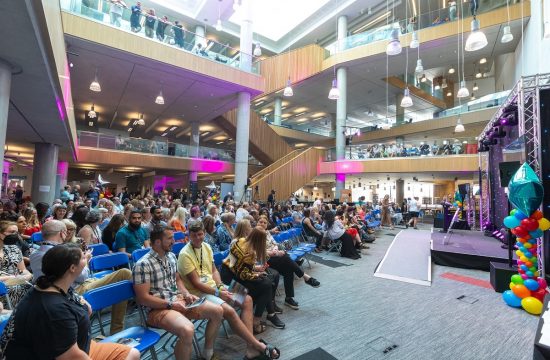Bradford Means Business would like to wish the local Muslim community Eid Mubarak.
As thousands of Muslims prepare for their annual Eid festival, Bradford Means Business columnist Anila Baig looks at the preparations leading up to it.
Muslims worldwide will celebrate one of their biggest holidays under the long shadow of coronavirus, with millions confined to their homes and others gripped by economic concerns during what is usually a festive time of shopping and celebration.
The three-day Eid al-Fitr marks the end of the fasting month of Ramadan for the world’s 1.8 billion Muslims.
People usually celebrate by travelling, visiting family and gathering for lavish meals all of which will be largely prohibited as authorities try to prevent new virus outbreaks.
The holiday will begin on Saturday or Sunday, depending on the sighting of the new moon, and the dawn-to-dusk fasting of Ramadan will come to an end.
Ramadan itself is a very special time for Muslims: fasting is one of the five pillars of Islam and compulsory for all fit, sane adults, though there are exceptions. It is a time to reflect upon past deeds, think of those less fortunate than ourselves and give to charity.
In the morning, before daylight, a meal called ‘sehri’ is eaten and then one must abstain from food and drink until evening, usually round four o’clock when it is time to break the fast with ‘iftari’. After the evening meal people proceed to mosque to offer special Ramadam prayers called ‘Taraveeh’.
Khadim Hussain, secretary of Bradford’s Council for Mosques, explained: “Ramadam is Allah’s (God) month. God has decreed that all Muslims should fast for Him, and the reward will be given in the hereafter.
“It is a special time when one feels especially close to God. The majority of Muslims will be fasting – even children, and this promotes a sense of unity. The mosques are full of worshippers. Usually you only see the older people at prayers but during Ramadam there are a lot of youngsters too who come.”
Many people feel that through physically fasting, they are becoming spiritually cleansed, too. Fasting applies to everybody and creates a sense of equality.
As well as abstaining from food and drink, it is paramount that one should steer clear of any quarrelling, back-biting, cursing or bad thoughts. Worshippers are encouraging to think about others: their attitudes towards their parents, children, the elderly, and give to charity.
Though fasting is obligatory for all adults it is often children who are the most enthusiastic. When I was a child I remember how I used to nag my parents about letting me fast. I thought it was the most glamorous, grown-up thing I could possibly do and wouldn’t even be placated by their insistence that I could keep half a fast, ie from breakfast till lunch.
On the whole it is when a child attains puberty that observing the fast becomes de rigeur, but often children younger than that are eager to start.
Riffat Saeed was seven when she first kept a fast. Watching her young relations fast made her determined to do the same and she finds it very easy though her friends at Nab Wood Middle School think that it must be difficult.
“When you fast you can enjoy Eid more as well because you deserve it,”
Eid was always referred to as a Muslim Christmas when I was at school though there are no trees to decorate, no presents, no decorations. It is only recently that people have begun sending cards to each other. It is more common to be greeted by fellow Muslims on Eid with an embrace and the words: “Eid Mubarak, Eid Mubarak, Eid Mubarak.” (Congratulations)
Like Christmas, however, it is a time for families. People who study or work away from home always try to be back for one day and join in the celebrations. Eid is celebrated in a simple manner.
Khadim Hussain said: “Every Muslim has to perform morning prayers and then they wear the new clothes (usually shalwar kameez) and go to the mosque to offer special Eid prayers.
There are no presents but traditionally money called ‘Eidi’ is given to children who will probably have an official day off from school. Working people also try to negotiate a day off with the help of understanding colleagues so that they can attend prayers and participate in the day’s celebrations.





